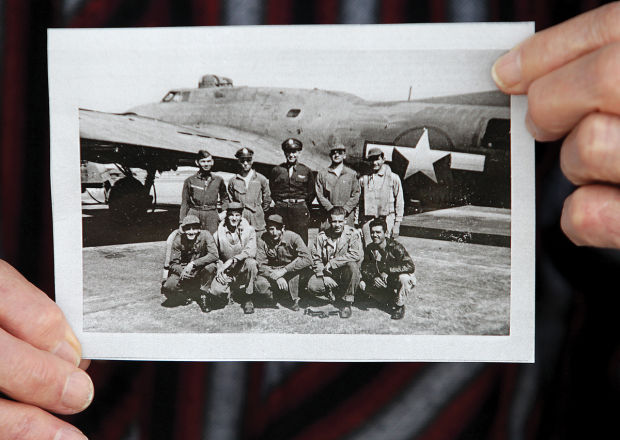Ervin Pickrel became a POW in 1944, his B-17 having been blasted out of the air by gunfire. He had been a gunner himself, as well as operating the radio. Eventually, he became an escapee. When Pickrel became a part of the Black March, which was a six hundred mile trek over the course of three months, he decided it was time to eliminate his status as a POW and find a way to return home.
When Pickrel was first taken prisoner, he was subjected to the same routine to which most prisoners had grown accustomed. His clothes were taken and he was grilled for information. Then he was stuffed onto a crowded railcar, just one POW among a herd of many. He eventually found himself in StalagLuft IV. By the time of the Black March, he was well-prepared, as he spent a good deal of his time simply walking around the camp. While provisions were scarce, prisoners were brought some items by the Red Cross.
These items included cans of meat, one of which Pickrel brought with him as a ration for his escape. He also stuffed his sleeve full of potatoes, which he had found during a pause in the march when the prisoners and the Germans had to hide from Allied forces. The German guards allowed the POW and his friends to grab them, not knowing that he was unwittingly supplying an escape. Not long after, Pickrel and some friends took refuge in the forest where they encountered Allied forces.
Pickrel and the others were taken quickly to France, sprayed for lice, and released. Since his ordeal, Pickrel has never discussed his experiences at length, finding himself physically uncomfortable whenever his time as a POW was brought up. He eventually discovered that his discomfort eased more and more as he became more willing to share his history, which inspired him to begin telling the full story, the Magicvalley.com reports.
His time as a POW did not define Pickrel’s life. He was able to move on and become a farmer, living a quiet life with family in Idaho. It is only when the subject is brought up directly that it has given him trouble. Still, he is aware that there were other prisoners in other camps that had it much rougher than he did, and in some ways he often felt sorry for his German captors who were often ill and worn down at the same time as the prisoners. Even as a POW, Pickrel was able to feel compassion for the enemies who were swept into a war that not all of them understood. Pickrel was fortunate, as many in other camps who attempted to escape are not alive to share their stories today.
